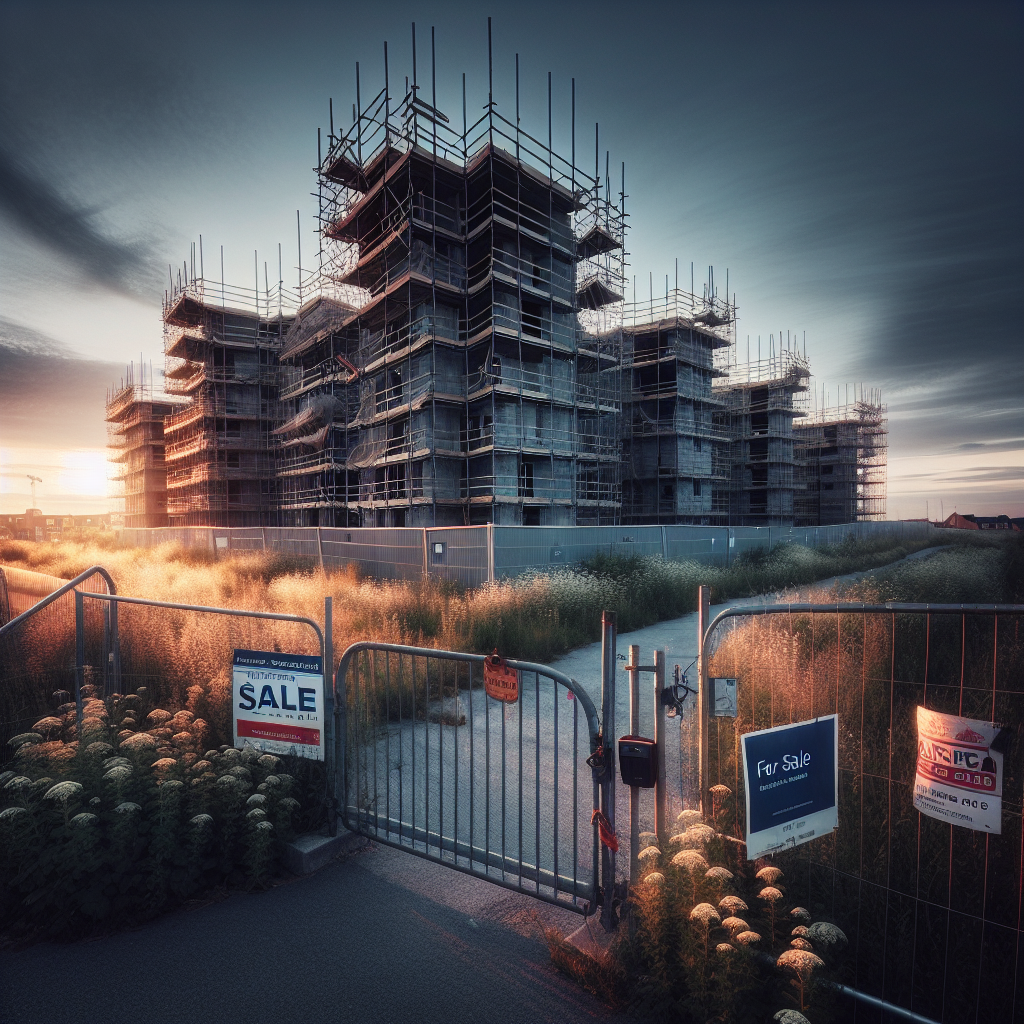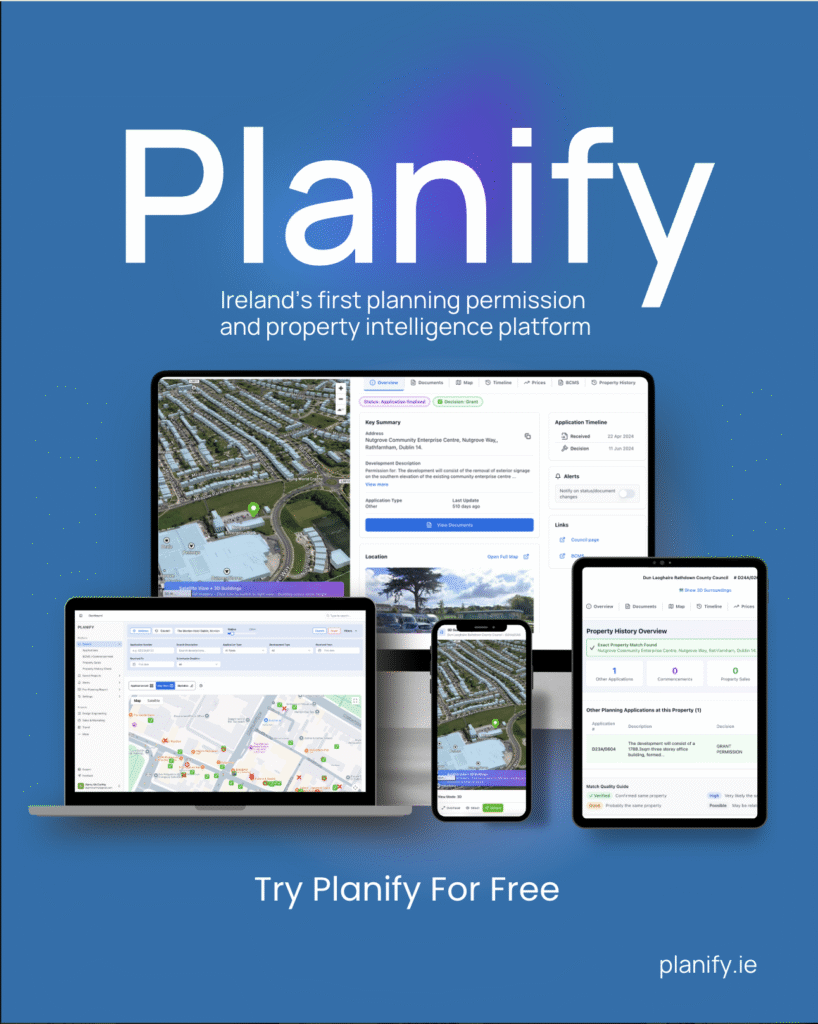The Irish Home Builders Association has raised concerns about water shortages in Dublin potentially jeopardising the construction of tens of thousands of new homes in the capital. Uisce Éireann’s warning about the strained water supply in Dublin and the upcoming report from the Housing Commission further highlight the challenges facing the Government’s house building targets. This article delves into the implications of water supply issues on housing construction and the need for streamlined planning processes to meet growing demands.
The Irish Home Builders Association Director, Conor O’Connell, emphasised the critical role of a sufficient water supply in enabling the construction of new homes. Uisce Éireann’s caution to the Government underscores the urgency of addressing water infrastructure limitations to facilitate housing projects promptly. O’Connell stressed the necessity of proactive planning and efficient approval processes to tackle the mounting demand for housing, especially considering potential increases in housing targets.
O’Connell highlighted how the prolonged planning process in Ireland contributes to escalating construction costs. While Ireland exceeded its housing construction target in the previous year, O’Connell pointed out that further advancements could be achieved through planning process reforms. Streamlining the planning procedures could enhance the speed and efficiency of construction projects, ultimately reducing costs associated with delays and bureaucratic hurdles.
The Department of Housing acknowledged the need for enhancing Dublin’s water supply to accommodate future economic and residential growth. Emphasizing the significance of bolstering water infrastructure to meet forthcoming demands, the Government assured its commitment to address water capacity constraints in collaboration with Uisce Éireann. Additionally, ongoing legislative efforts, such as the Planning and Development Bill 2023, aim to revamp the planning system in Ireland for improved efficiency and effectiveness.
Experts have criticized the current housing targets as insufficient, advocating for more ambitious goals to address Ireland’s housing needs adequately. With proposals to increase annual home construction to 60,000 units by the end of the decade, the industry stresses the importance of expediting the planning process to mitigate costs and expedite project delivery. Balancing regulatory requirements with the urgency of housing demand remains a crucial aspect in achieving sustainable and efficient housing development in Ireland.
The intersection of water supply challenges, planning regulations, and housing construction underscores the intricate dynamics shaping Ireland’s property development landscape. As stakeholders navigate the complexities of meeting housing targets amidst infrastructure constraints, collaborative efforts between the Government, industry stakeholders, and regulatory bodies are essential to drive sustainable growth and address the evolving housing needs in Dublin and beyond.







